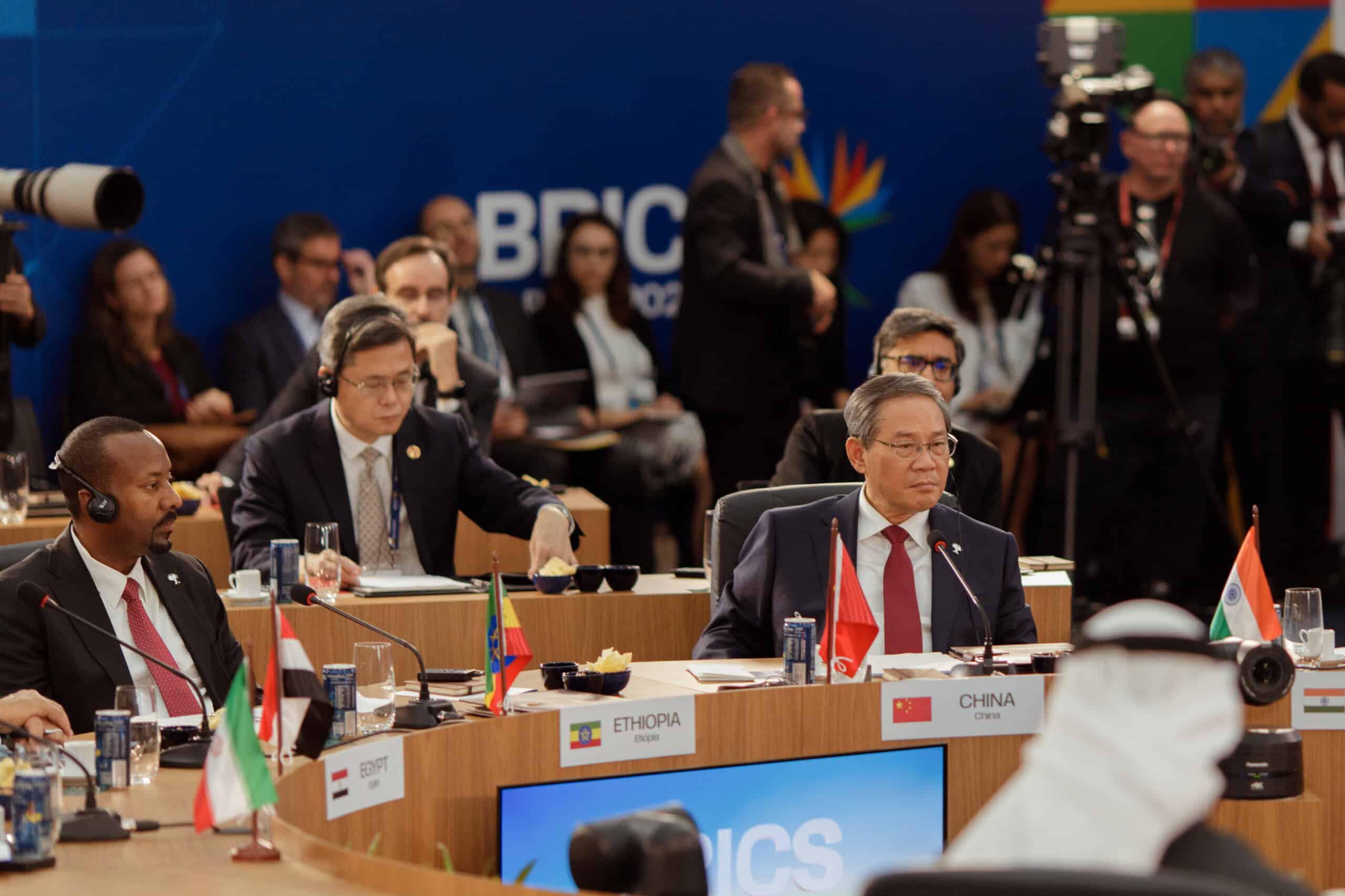Kevin Rudd was the Prime Minister of Australia from 2007–2010 and in 2013. He had a career in Australian government as a diplomat in China, foreign minister, and member of Parliament. After leaving government, Rudd became a senior fellow at the Harvard Kennedy School, where he researched U.S.-China relations. In 2015, he became president of the Asia Society Policy Institute. In this lightly edited interview with Rudd, who is in Queensland, Australia, we discuss Australia-China relations, the i
Navigate China's Business Landscape with Confidence.
- Gain visibility into supplier risks
- Easily manage trade compliance
- Conduct in-depth due diligence



